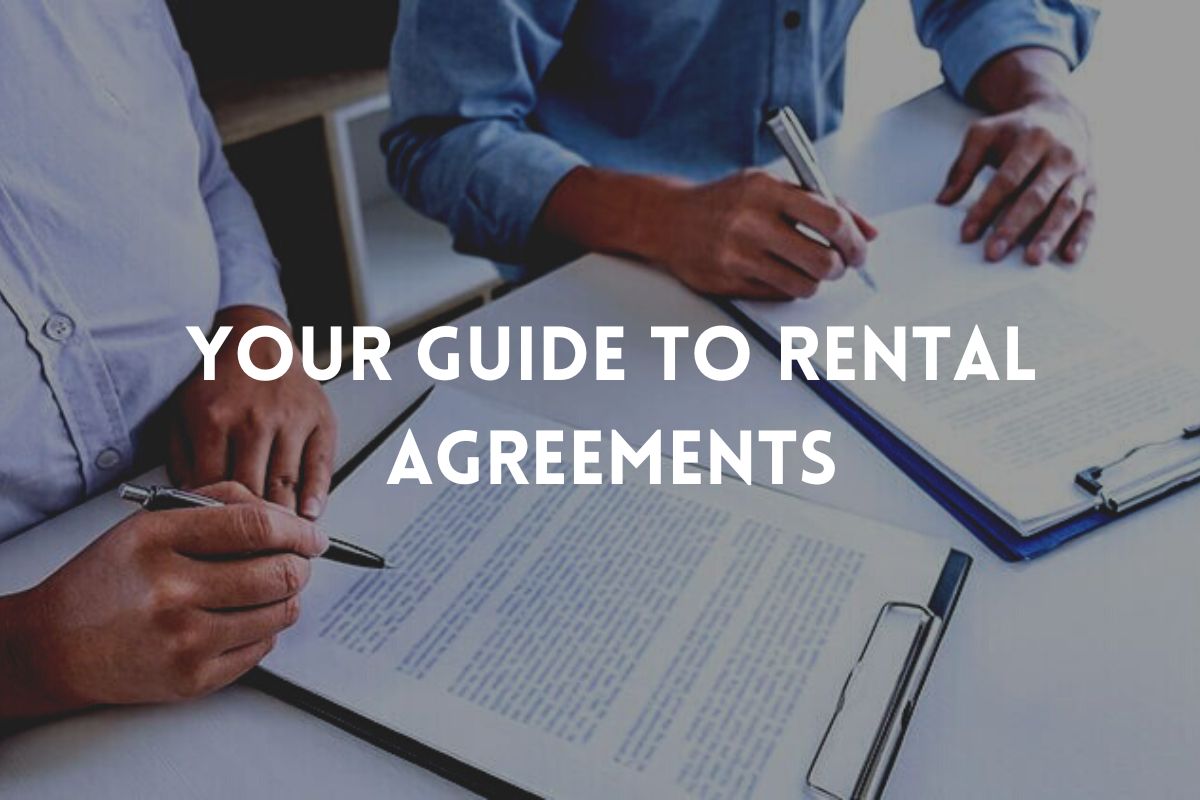If you are a landlord or planning to become one in the near future, you’ll need to prepare a customized rental agreement. The most common mistake we see landlords make is that they download a generic rental agreement from the internet and use it to manage their property.
Tenancy Period
Let’s first understand the basic difference between a rental agreement and a lease. A lease typically expires in a year and has to be renewed annually. On the other hand, rental agreements auto renew each month until the time the tenant or landlord terminates it.
Rent Policy
The rent policy is another important item to specify in the rental agreement or the lease. The rent policy should specify:
- The exact amount of rent due and the exact time period
- Acceptable and unacceptable payment methods
- Conditions related to non-payment or delayed payment of the rent
- The amount of late fees and when they will apply
Security Deposit
Many jurisdictions have put a limit on the maximum amount of security deposit that landlords can ask for. Check with your local property management legislation. Make sure the terms and conditions are clear, to avoid future disputes. You should outline where the security bond will be held, and how interest will be disbursed if it is held in a bank.
Number of Occupants
Your rental lease, as signed by all the adult tenants, should specify how many total adults and minor children can reside in the unit – and list their names. You should keep a record of the identification, and other necessary documents of each of the occupants.
Dealing with Pets
Pet bond deposits are a good idea if pets are allowed on the property. In this manner, you will be able to recover the cost if the pet causes any damage to the property. However you need to check with your legislation to know if it allows you to have the tenant make a separate pet deposit over and above the mandatory security deposit.
Responsibility For Maintenance
Clearly outlining the tenant’s responsibilities with regard to property maintenance and repairs is critical. These responsibilities depend on the type of property. Let’s say your agreement states that the tenant is responsible for lawn or pool maintenance in a single family home.
Right of Access
Right of access for the property manager can be a cause of dispute if not clearly outlined in your agreement. Refer to the local property management law first regarding the amount of advance notice you are required to provide the tenant before you can access the property.
Restrictions
Another important item to clearly mention is all the restrictions imposed on the rental premises. Examples: Involvement in any illegal activity, smoking restrictions and pet restrictions.
Parking Regulations
There are important rules and regulations about parking and use of common areas that should be in your agreement. Keep in mind the tenant’s rights when setting up the agreement. Your rental agreement must comply with all relevant laws including rent control ordinances, health and safety codes, occupancy rules, and anti-discriminations law.











